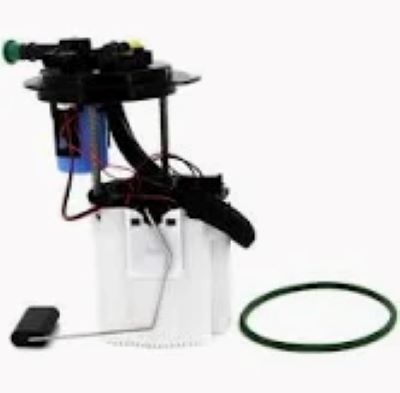In fact a fuel pump can affect the atomization of the fuel as it primarily controls how much pressure is delivered to the injectors. For this mill to make its power quite efficiently, you needed a fine mist of fuel that could integrate correctly with the incoming air and produce proper combustion so-called atomization. In practical terms, most modern fuel injection systems need a minimum of 40 to 60 psi (pounds per square inch) for the fuel being delivered by the injectors so that it can be sprayed out in an atomized state. If the pressure is not high enough, these injectors will have a hard time breaking off that fine of droplets and after atomization fuel spray quality is going to be poor which followed by combustion efficiency goes down tuned with lower mileage.
The degree to which fuel is atomized has a direct impact on both power generation as well as emissions. High performance engines, on the other hand, require a more precise fuel supply and so they may use fuel pumps rated for higher pressures (70 to 90 psi also being common) again in order to help provide better atomization. Poor atomization is cited as a reason that up to 10% of an engine's total output can be lost in efficiency, affecting both HP and emissions; automotive engineers know this intimately. This has led to the development of high-pressure fuel pumps that are capable of maintaining proper pressure levels at a variety of engine loads for consistent atomization.

This is especially important in a turbo or supercharger application as the atomization of fuel and its connection to the pump plays an even larger role. Pressure Atomizers: These engines need extra requirement in the fuel flow rate to match it with the larger amount of air volume, and without the proper pressure atomization will slack off (resulting lower POWER INPUT & at high missed usage of FUEL as well). Under pressureHenry Ford is often credited with the saying, “Efficiency drives innovation,” and it's a concept displayed clearly when one looks at how high-pressure fuel pumps have changed—improving atomization (and therefore overall engine performance).
Fuel pump design is constantly being honed by automotive manufacturers in order to facilitate better atomization for modern engines. Efficient fuel atomization tested by CSP Research and Convergence Science reduces unburned hydrocarbons up to 15 per cent - contributing big environmental benefits for optimized fuel systemsg --> Thus, to attain not only peak performance but also minimal emissions from advanced fuel injection systems the use of a quality Fuel Pump that maintains constant pressure is almost mandatory.
